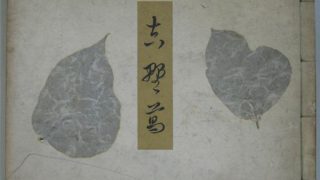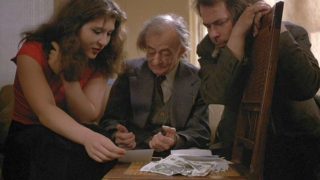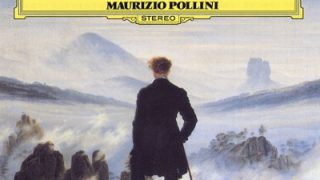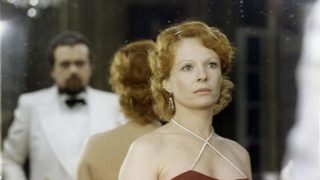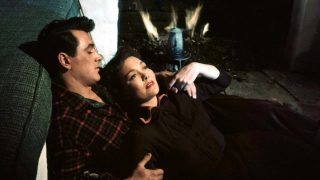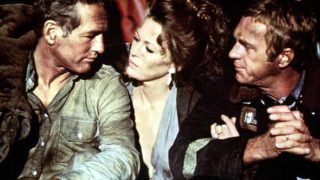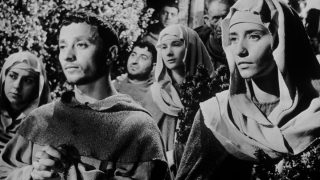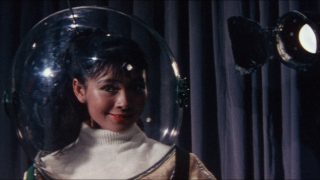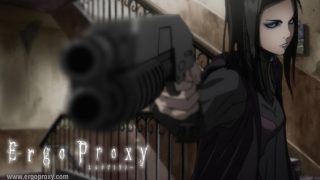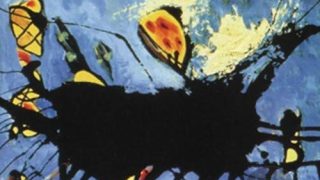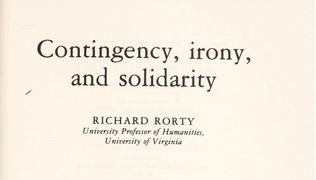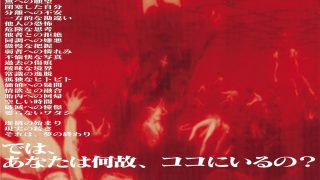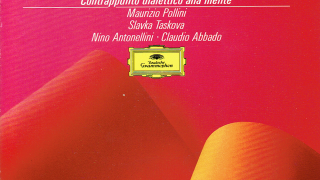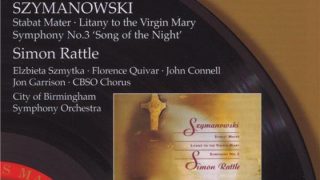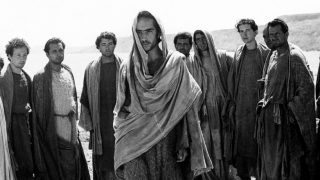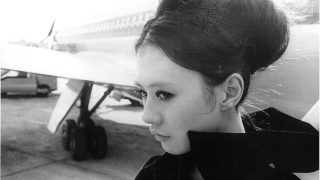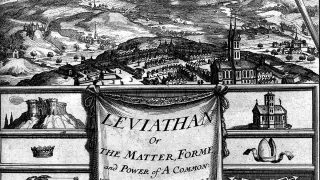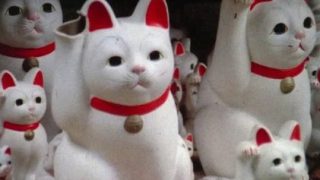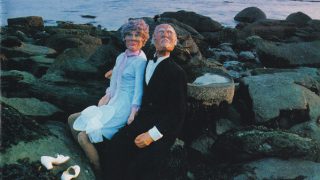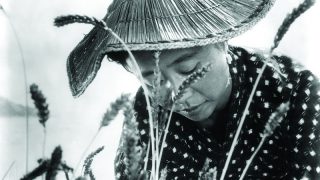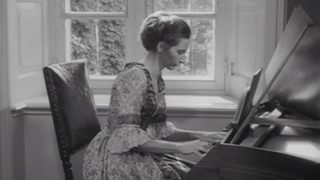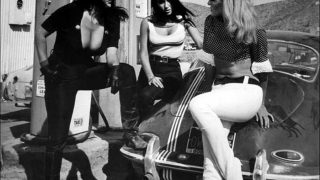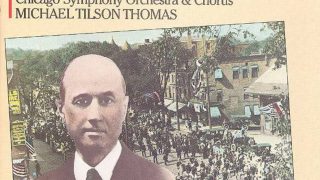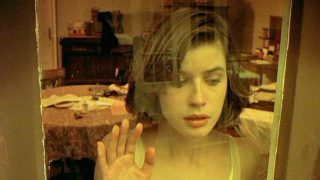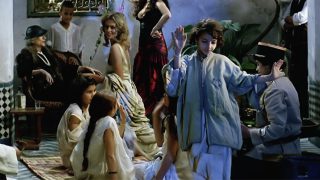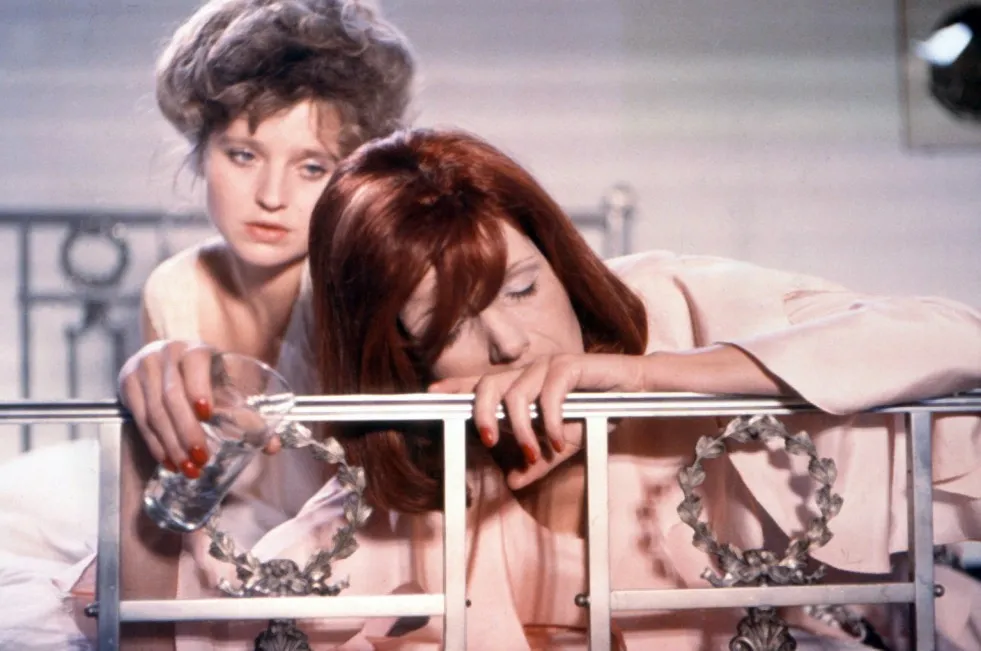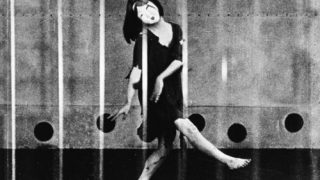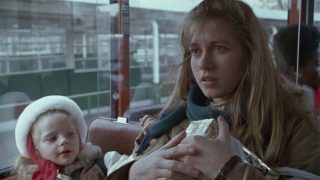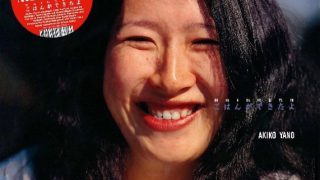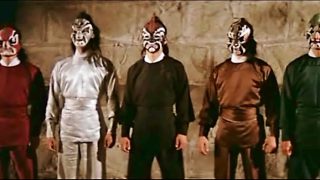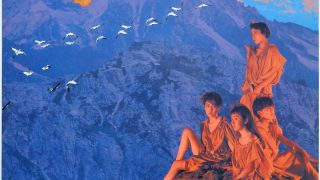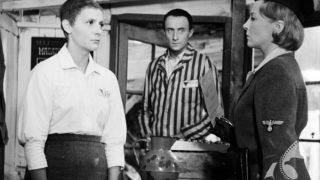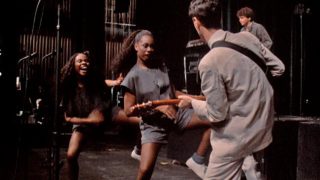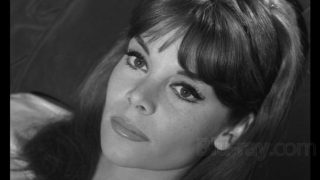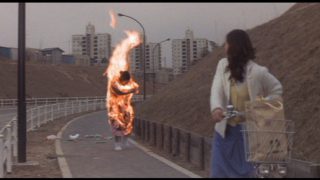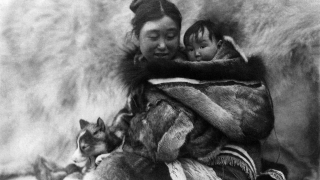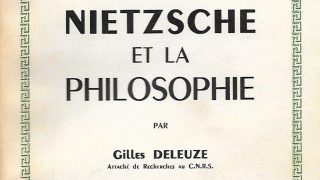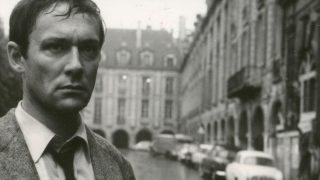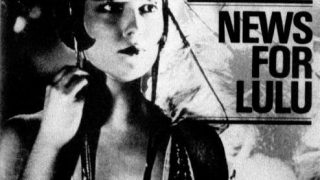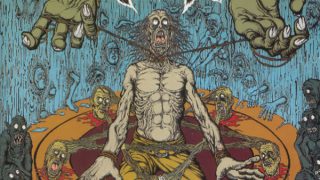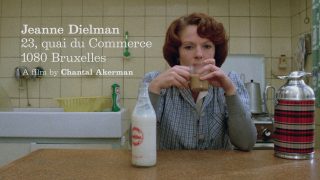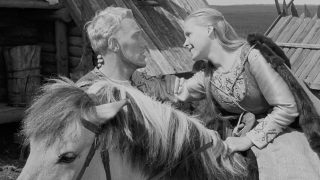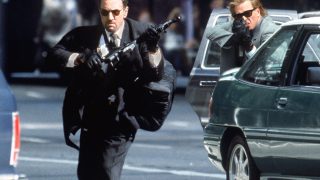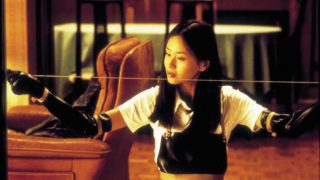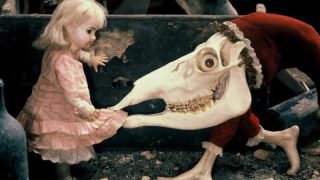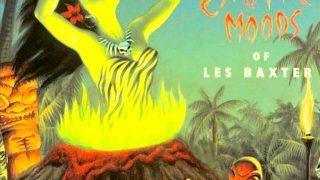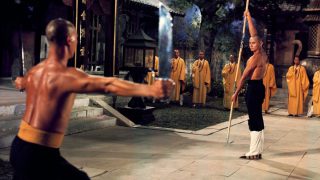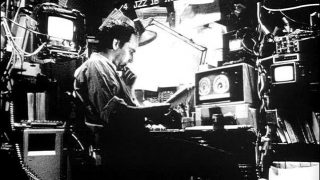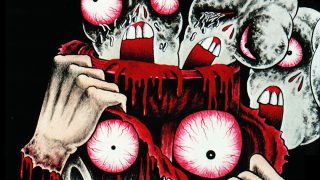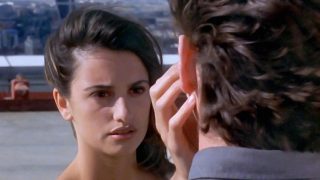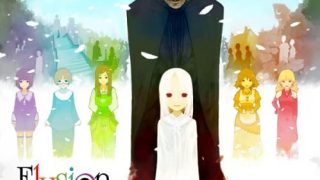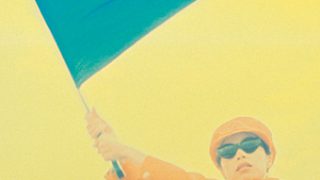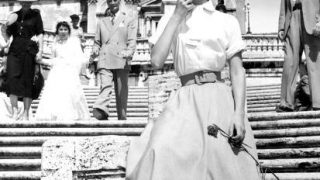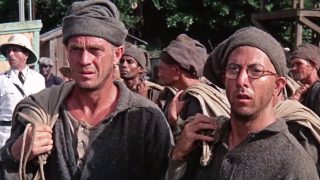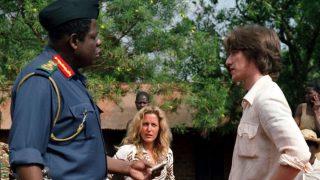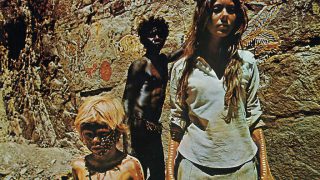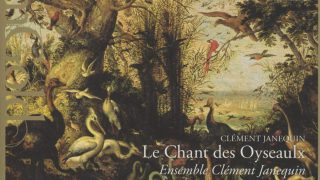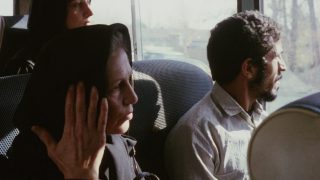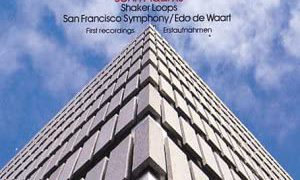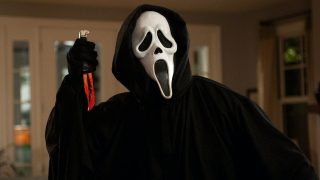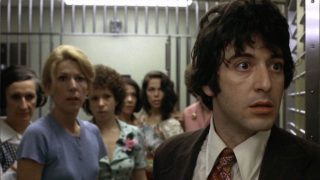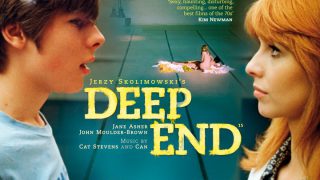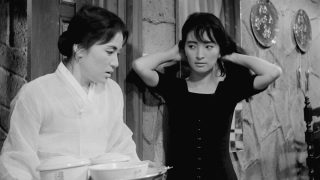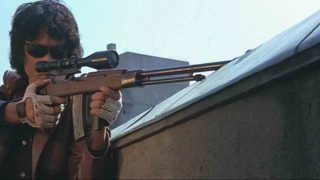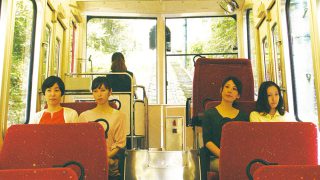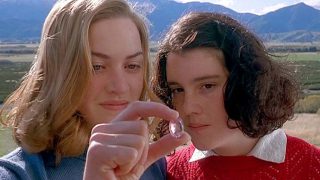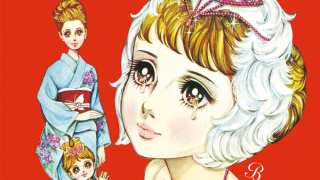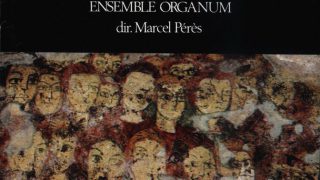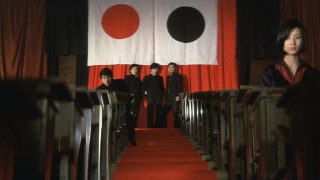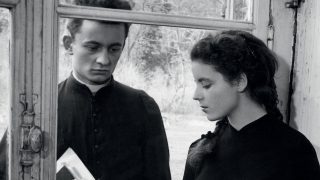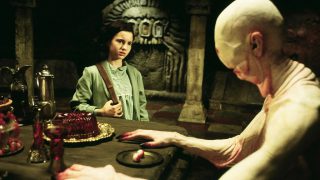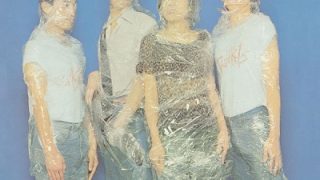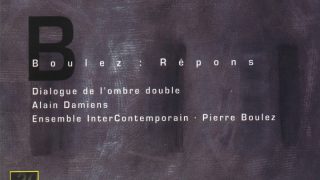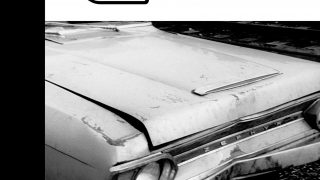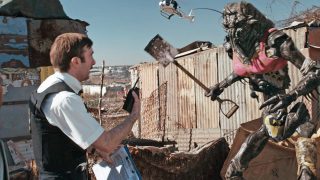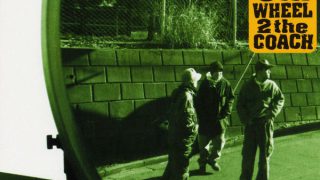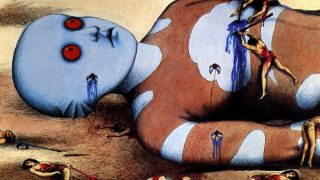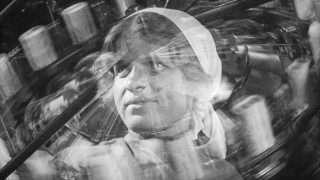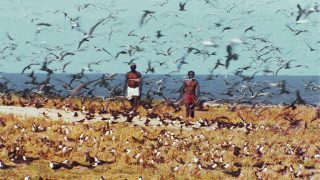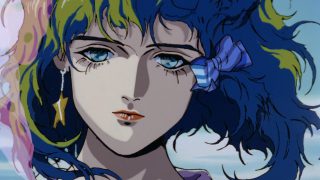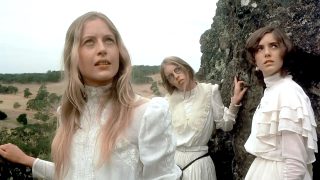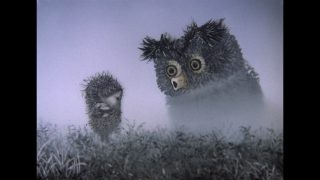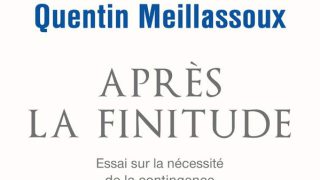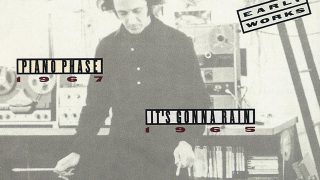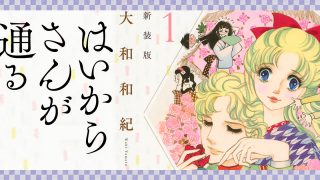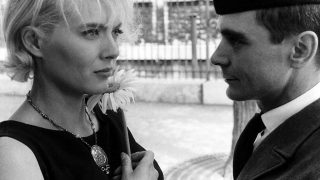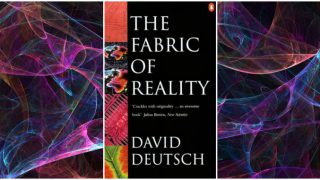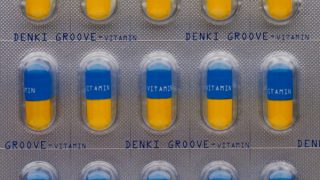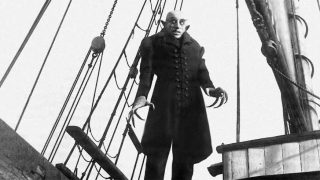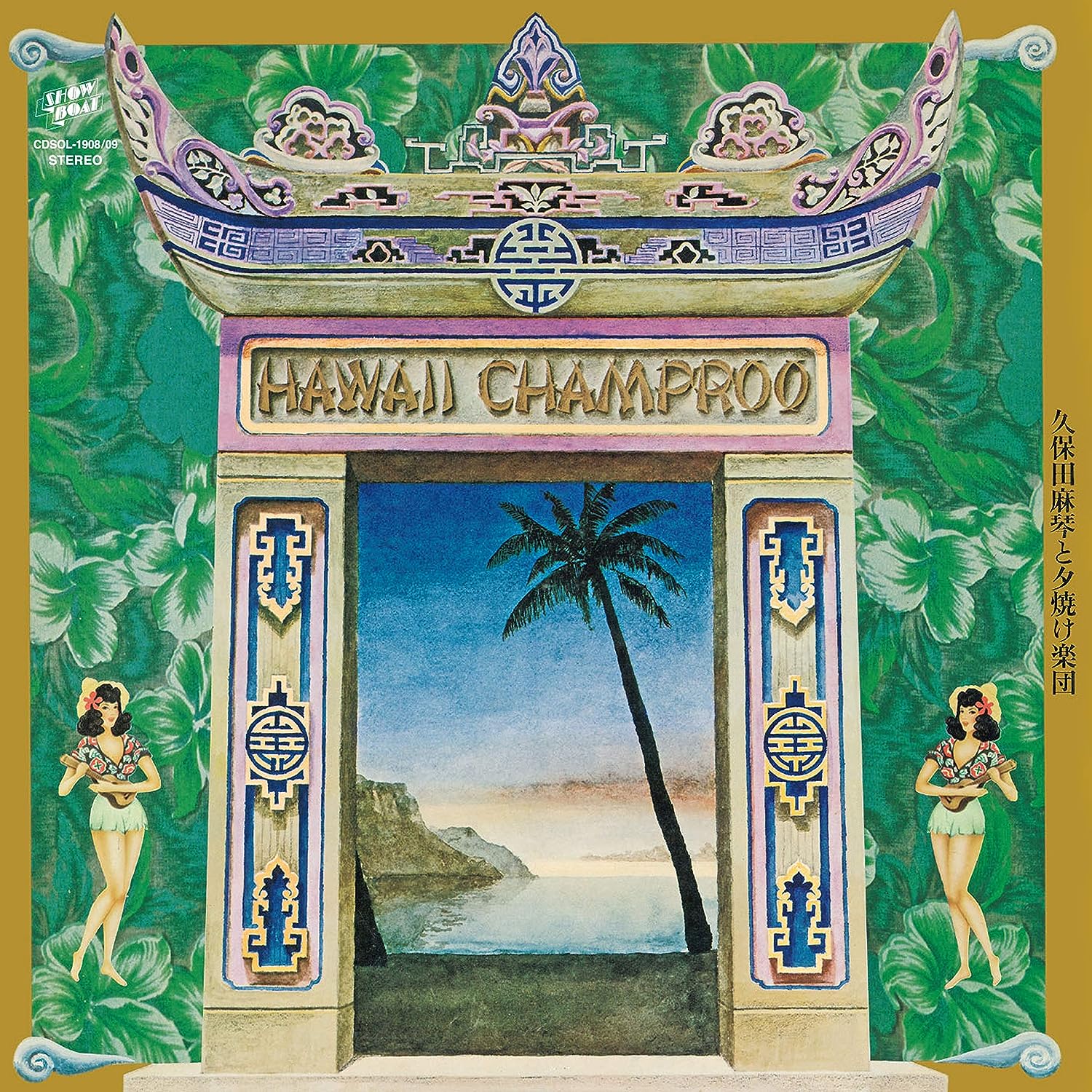Overview
“Hawaii Champroo“ is an album released by Japanese musician Makoto Kubota (lead vocals, acoustic guitar) under the name of “Makoto Kubota and the Sunset Gang“ in 1975.
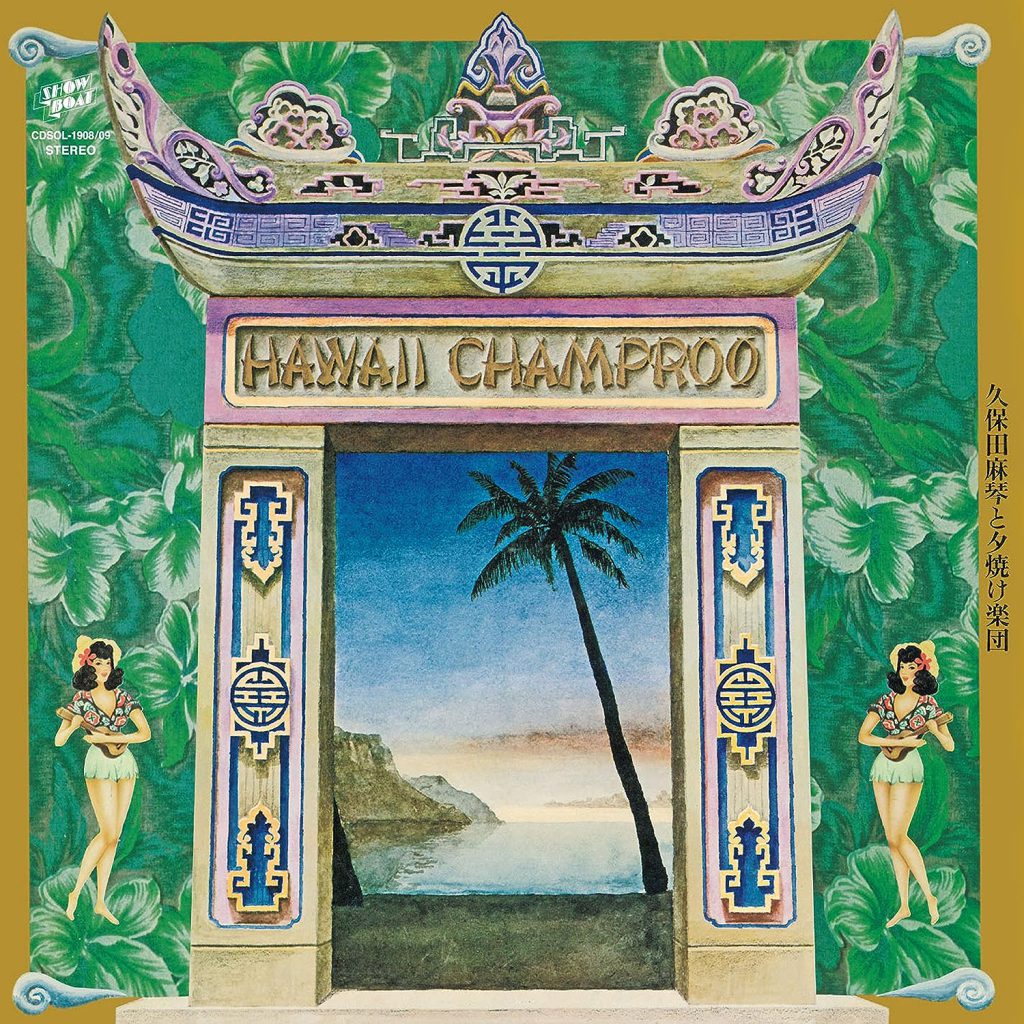
Background of the Production
Makoto Kubota was born in Kyoto in 1949.
In 1970, while studying at Doshisha University, he made his solo debut, and he also started working as a member (guitar) of rock band “Les Rallizes Dénudés“.
During the 1970s, he had worked with his band the Sunset Gang in parallel with working in Les Rallizes Dénudés.
The Sunset Gang in their early days was a rock band that incorporated the elements of blues, jazz, R&B, and country.
Kubota visited the United States and Okinawa in 1974 after releasing his album “Sunset Gang“, and he was strongly impressed with Hawaiian and Okinawan music.
At that time, in Iriomote Island, Okinawa, he first heard “Haisai Ojisan (Hey, Old Man)” by Shoukichi Kina and Champloose, a local hit song of Uchinaa pop (Okinawan contemporary popular music), which had been released as a single in 1972.
These experiences provided him inspiration for associating Hawaiian music with Okinawan one. The album “Hawaii Champroo“ was made based on this concept.
Personnel
The Sunset Gang
- Makoto Kubota – lead vocals, acoustic guitar
- Kenichi Inoue – guitar
- Yoma Fujita – guitar, mandolin
- Takashi Onzo – bass
Guest Musicians
- Hiroki Komazawa – pedal steel guitar
- Haruomi Hosono – drums
- Teruyuki Kokubu – keyboard
Commentary
The album “Hawaii Champroo“ was recorded at Sounds Of Hawaii Studios, Honolulu in 1975, and was released by Showboat label, Trio Records in the same year.
The lyrics are mainly Japanese, partly English and Okinawan (Uchinaaguchi).
“Champroo (Chanpurū)“ is an Okinawan word for “something mixed”. It is usually used as a word for Okinawan stir fry dishes.
As the title shows, the album was made by mixing the elements of hula (Hawaiian dance and music), New Orleans R&B, Uchinaa pop, Mariachi (Mexican band performance) and others.
The album was co-produced by Makoto Kubota and Haruomi Hosono.
Kubota introduced Uchinaa pop to Hosono, playing “Haisai Ojisan” by Shoukichi Kina and Champloose to him.
The concept of this album had an influence on Hosono’s music in the exotica style at that time. After that Hosono produced three albums in the exotica style in the 1970s, called “tropical trilogy“: “Tropical Dandy“ (1975), “Bon Voyage co.“ (1976), and “Paraiso“ (1978).
“Steel Guitar Rag“ is an instrumental track that covered the Western swing number written by Leon McAuliffe.
“Moonlight Hula“ is a song based on Hawaiian hura and written by Kubota .
“Walk Right In” is a cover of a country blues song written by Gus Cannon.
“Haisai Ojisan” is a cover of the early classic of Uchinaa pop by Shoukichi Kina and Champloose. Okinawan folk song “Tinsagu nu Hana (The Balsam Flowers)“ is quoted in the intro.
“I Love You So“ is a cover of a song by American blues and boogie-woogie pianist and singer Champion Jack Dupree.
“San Francisco Bay Blues” is a cover of a folk song written by Jesse Fuller.
“Shanghai Gaeri (Back from Shanghai)” is a cover of a single song by folk singer Masato Minami, with the Chinese style arrangement.
“Bye-bye Baby“ is a New Orleans R&B style song written by Hosono.
“South of the Border” is a cover of a 1939 popular song written by Jimmy Kennedy and composed by Michael Carr.
“Bye-bye Baby“ / “Shoka no Kaori (Scent of Early Summer)“ was released as a single in 1975.
In 2020, the digitally remastered edition (deluxe edition) of the album was released by Solid Records as a double CD including two bonus tracks and a remix disc “Made in Island Vol. 2“.
In 2021, Wewantsounds (France) released the remastered editions of the three albums recorded by Kubota with The Sunset Gang in 1973–1977, including “Hawaii Champroo“, as digital albums and LPs.

